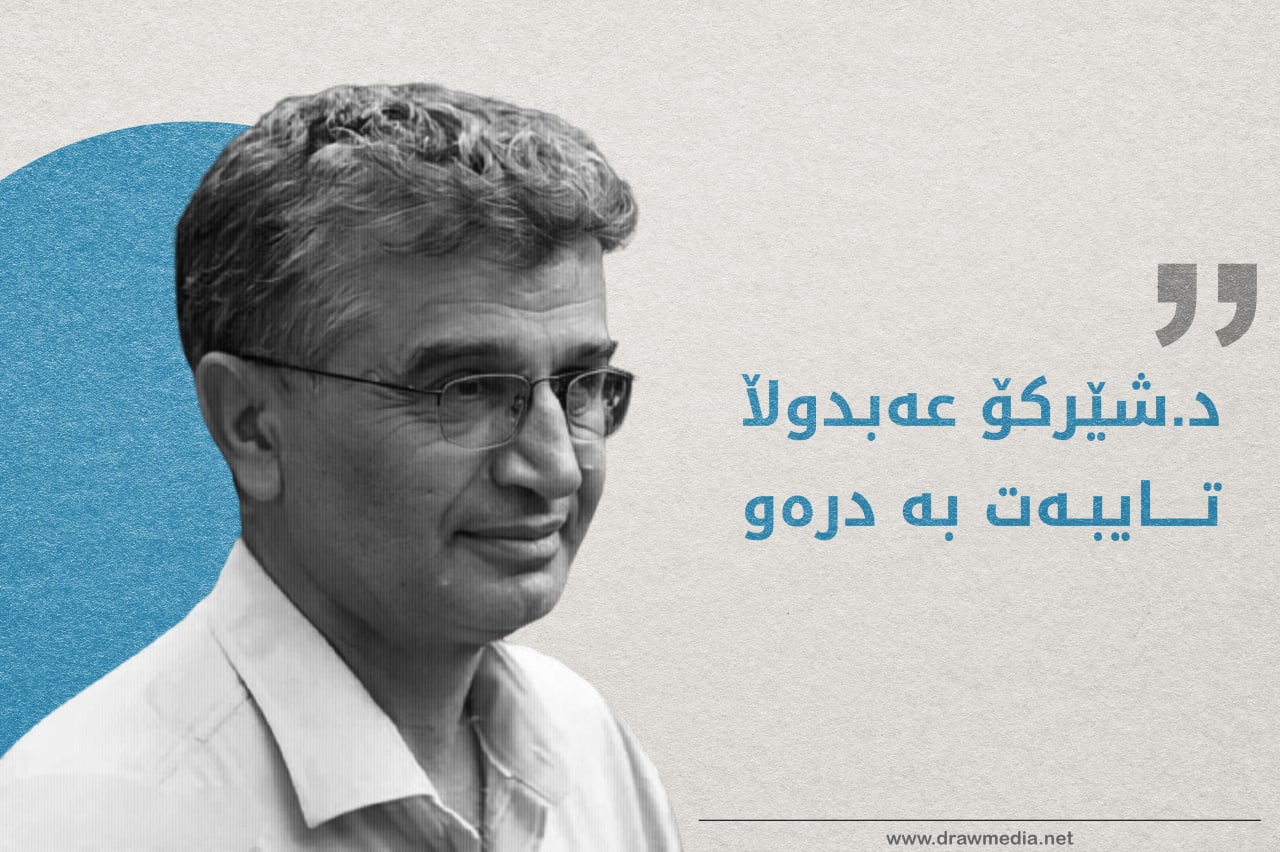Oil companies in Iraqi Kurdistan plan expansions as Baghdad vows crackdown

2024-09-05 13:49:44
Crude production in Iraq's semiautonomous Kurdistan region continues to increase, as Baghdad ratchets up pressure on Erbil to lower output and help the country comply with its OPEC+ quota.
Financial filings from five public oil companies operating in the Kurdistan region show their crude production reached a collective 173,000 b/d in the second quarter, up from 170,000 b/d last quarter.
That compares with just over 2,000 b/d in the quarter immediately after the region's key export pipeline to the Turkish port of Ceyhan was shuttered in March 2023 and 182,230 b/d in the quarter preceding its closure.
Overall production in the region, including volumes from the local Kar Group, is higher and is estimated by S&P Global Commodity Insights to stand around 250,000 b/d, down from about 400,000 b/d before the pipeline closure.
In a sign of how the Kurdish market is rebounding, Norwegian oil company DNO announced it would expand its operations in Kurdistan for the first time since early 2023, saying in its second-quarter financial results that it would mobilize a rig to drill a new well on its Tawke license. Production at DNO's fields was up 9% from the last quarter, with pumped crude totaling 79,800 b/d in the second quarter of 2024.
Similarly, Canada's Shamaran Petroleum, which acquired the Atrush and Sarsang blocks, with HKN operating both blocks, said it expects to increase production.
Gulf Keystone said it has begun round-the-clock trucking operations as production and demand pick up. The company noted a "successful return to profitability and free cash flow generation" in its H1 2024 financial results "following a challenging 2023."
Baghdad's OPEC woes
Kurdish production, even in its reduced capacity, has hampered Iraq's OPEC+ quota compliance.
Iraq increased production by 110,000 b/d on the month to 4.33 million b/d in July, according to the latest Platts OPEC+ survey by Commodity Insights -- well above its quota of 3.93 million b/d under the group's latest accord.
Iraq has significantly overpumped its quota since the start of the year, provoking the ire of other OPEC+ members, who have pressured the country and other compliance laggards, such as Kazakhstan and Russia, to improve their conformity.
Baghdad, in turn, has ratcheted up pressure on the Kurdistan Regional Government, along with pledges to reduce its own federal crude exports and domestic consumption.
To improve compliance, Baghdad has told the KRG that it must reduce output to 46,000 b/d, with any additional volumes requiring Erbil to pay the federal government, a senior official with federal marketer SOMO said in an Aug. 29 briefing with independent secondary sources used by the OPEC+ alliance to monitor member production. That will be enforced, the official added, through withholding of the KRG's share of the federal budget, which includes money to pay salaries.
SOMO has also disputed the production figures reported by the international oil companies, pegging KRG output at around 150,000 b/d.
The KRG could not be reached for comment, and the Association of the Petroleum Industry of Kurdistan, a trade group representing oil companies in the region, did not respond to a request for comment. As of March, Baghdad owed the Kurdistan region over $7 billion in unpaid dues, according to a statement from the regional government at the time.
Local market
Producers in the region have found a new domestic market for their crude, where sales prices are well below international market rates. Sales to local traders go for roughly $28 to $40/b in a murky process controlled by Kurdish officials. Local refineries process the crude – primarily turning it into gasoil and diesel.
According to Mahmood Baban, a fellow at the Rudaw Research Center in Erbil, the five official refineries in Kurdistan have a collective refining capacity of 330,000 b/d. Hundreds of illegal topping plants and small refineries also process a small amount of crude. On Aug. 4, local authorities in the Erbil governorate said they had shut 138 illegal topping plants and ordered dozens of unlicensed refineries to implement environmental protection requirements or face closure.
While most of the refined products are used domestically and sold to local fuel stations, some makes its way on truck – or even pack horses – across the border into Iran and Syria, Commodity Insights has reported.
Crude from the region was once a staple of refineries in the Mediterranean market, which imported cargoes of medium sour Kurdish Test Blend from the Iraq-Turkey Pipeline's terminal in the Turkish port of Ceyhan through deals signed with the KRG, independent of SOMO's oversight.
The pipeline is now at the center of a lengthy political and legal battle that shows no signs of letting up. The federal government may have little to gain from reopening the pipeline, and indeed, a full restoration of Kurdish crude exports would cause further OPEC+ compliance challenges.







.png)

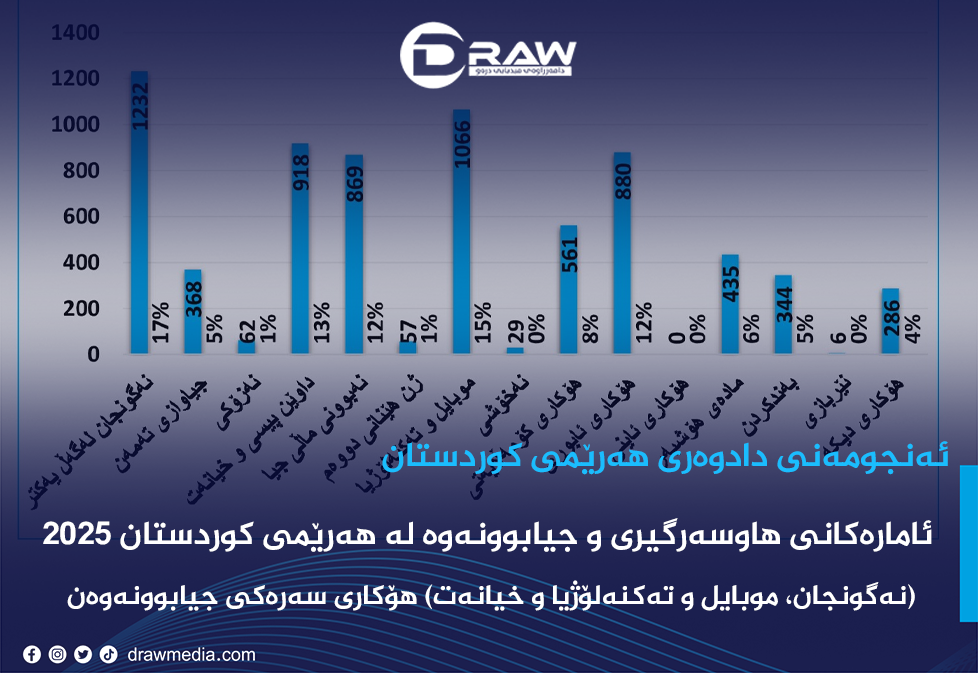
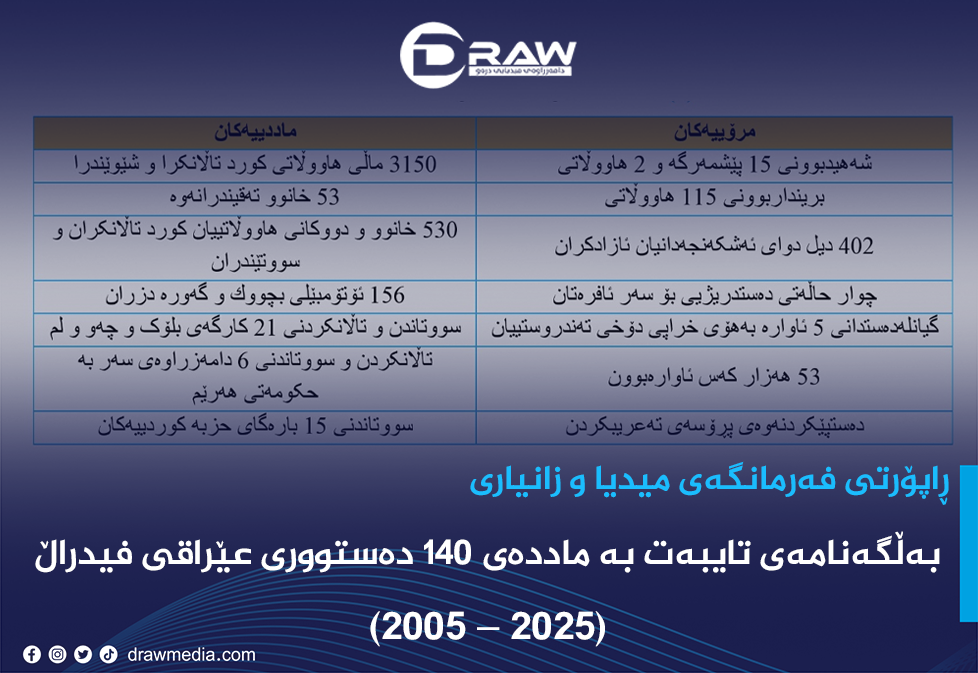
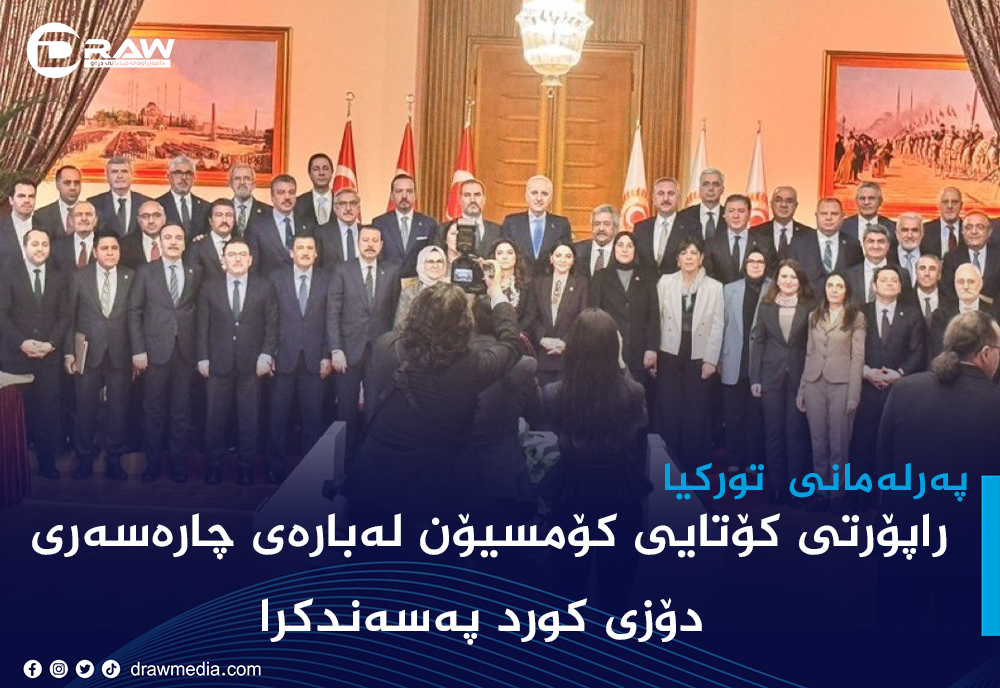
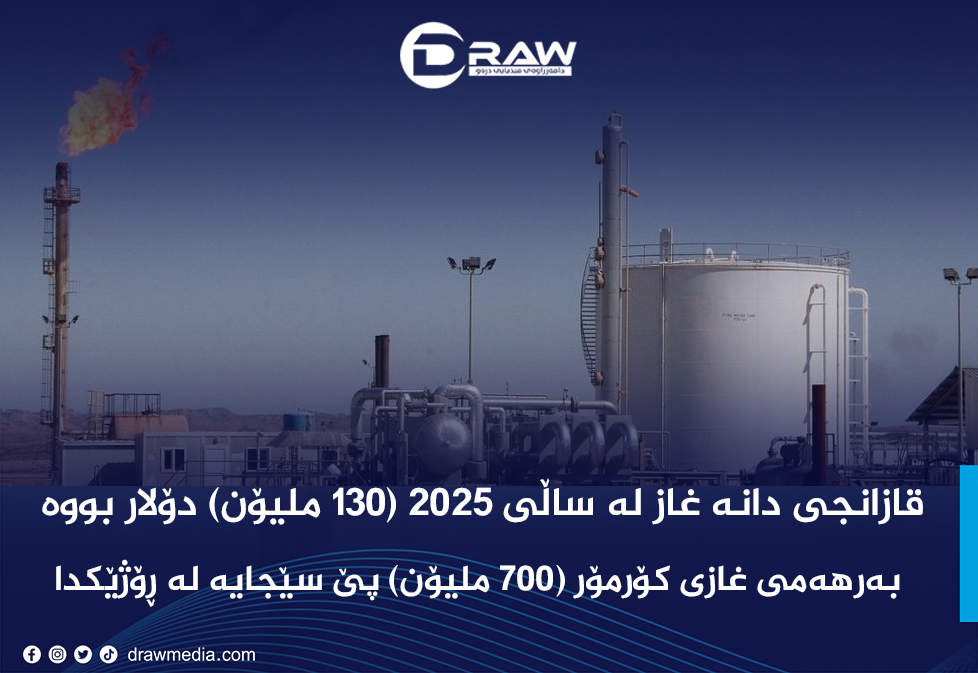
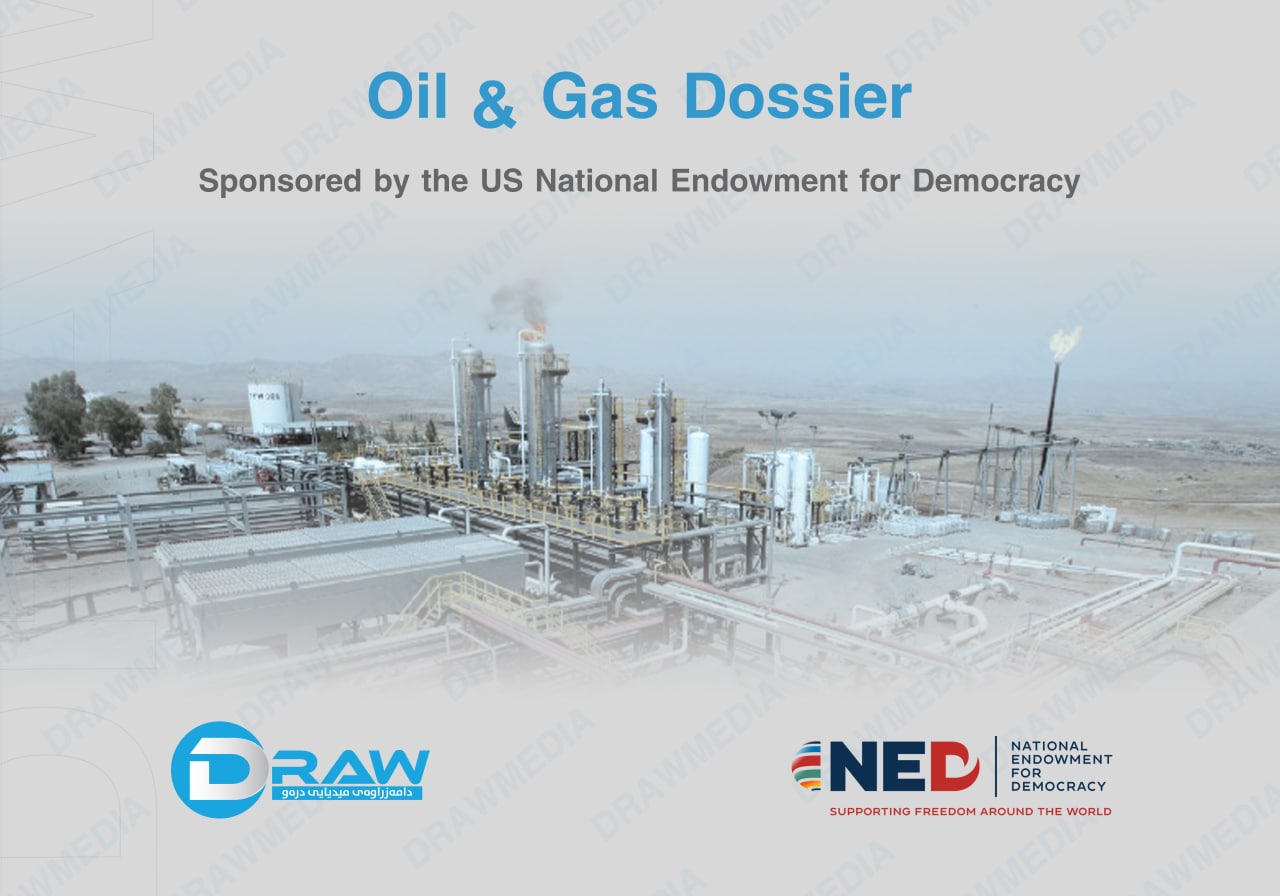
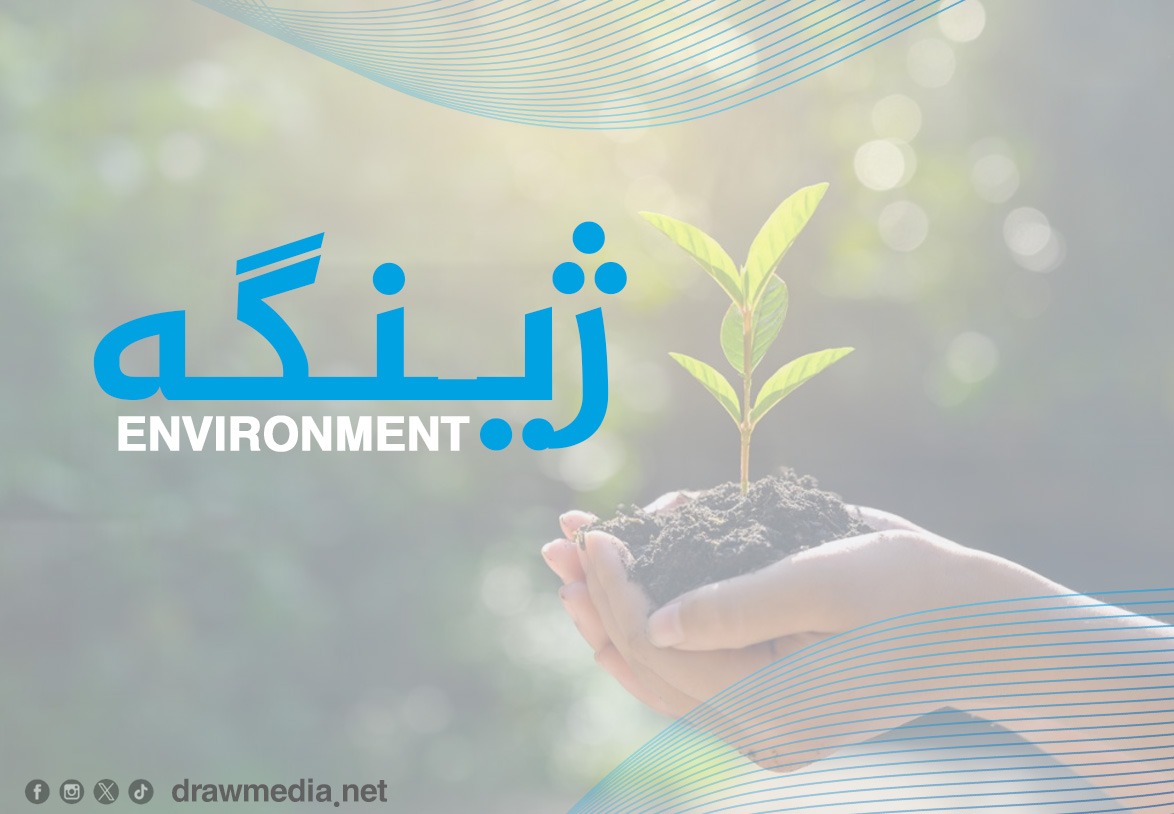
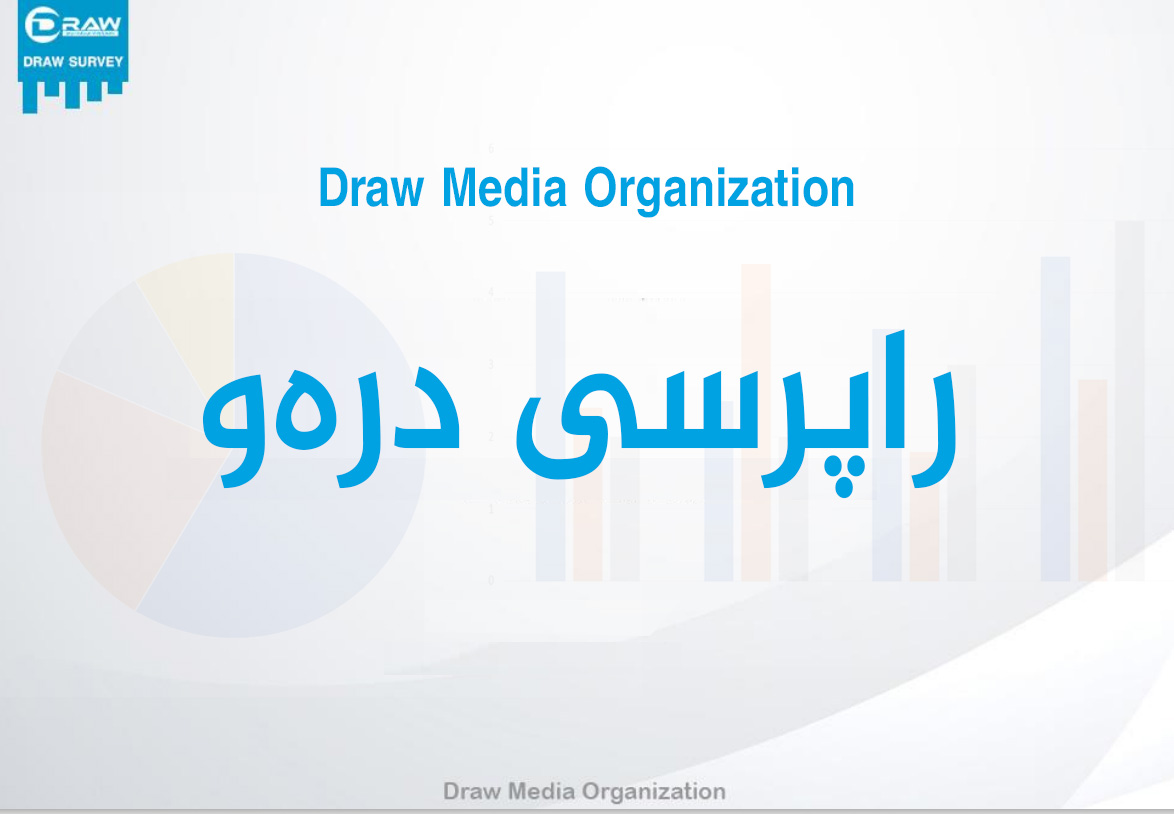
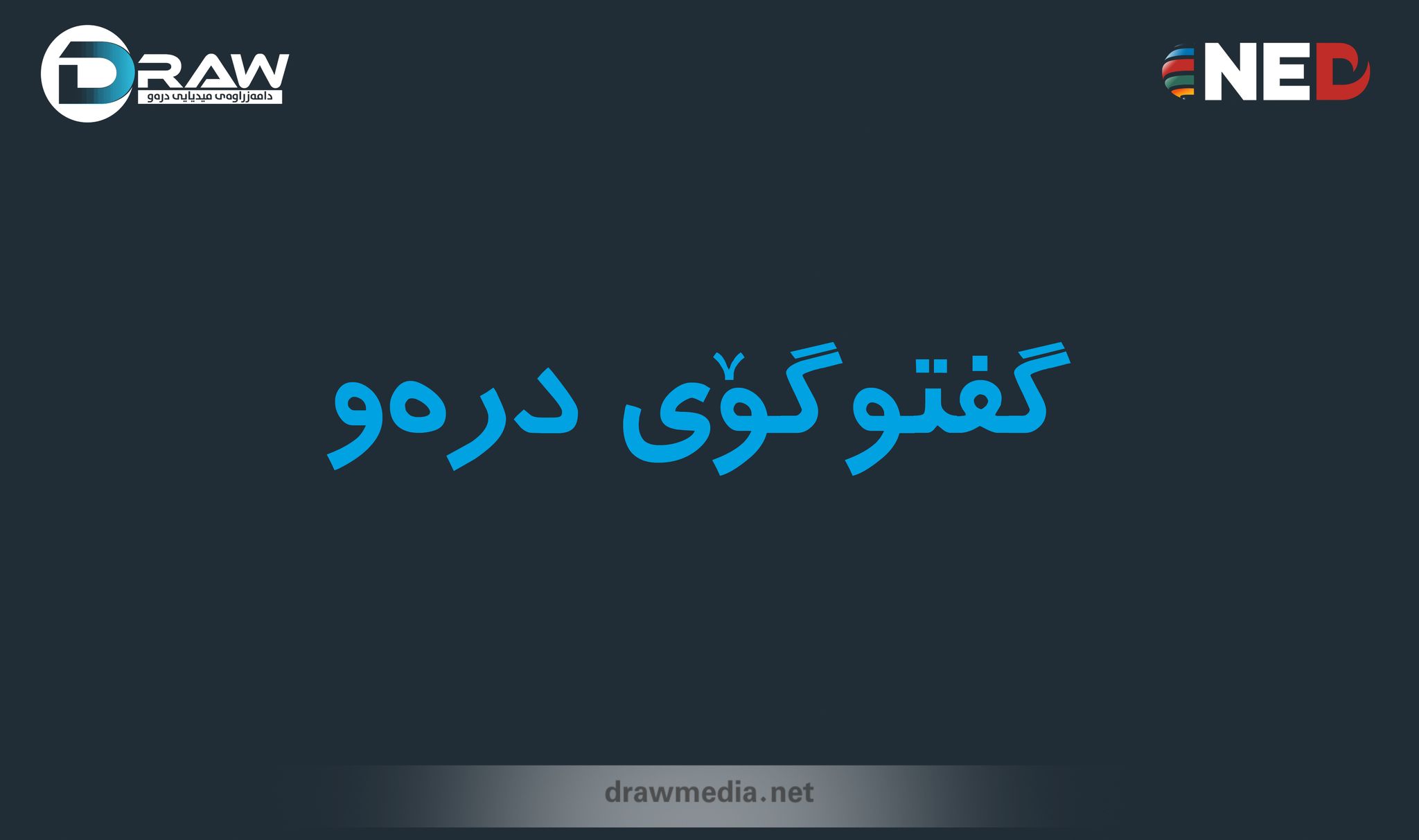

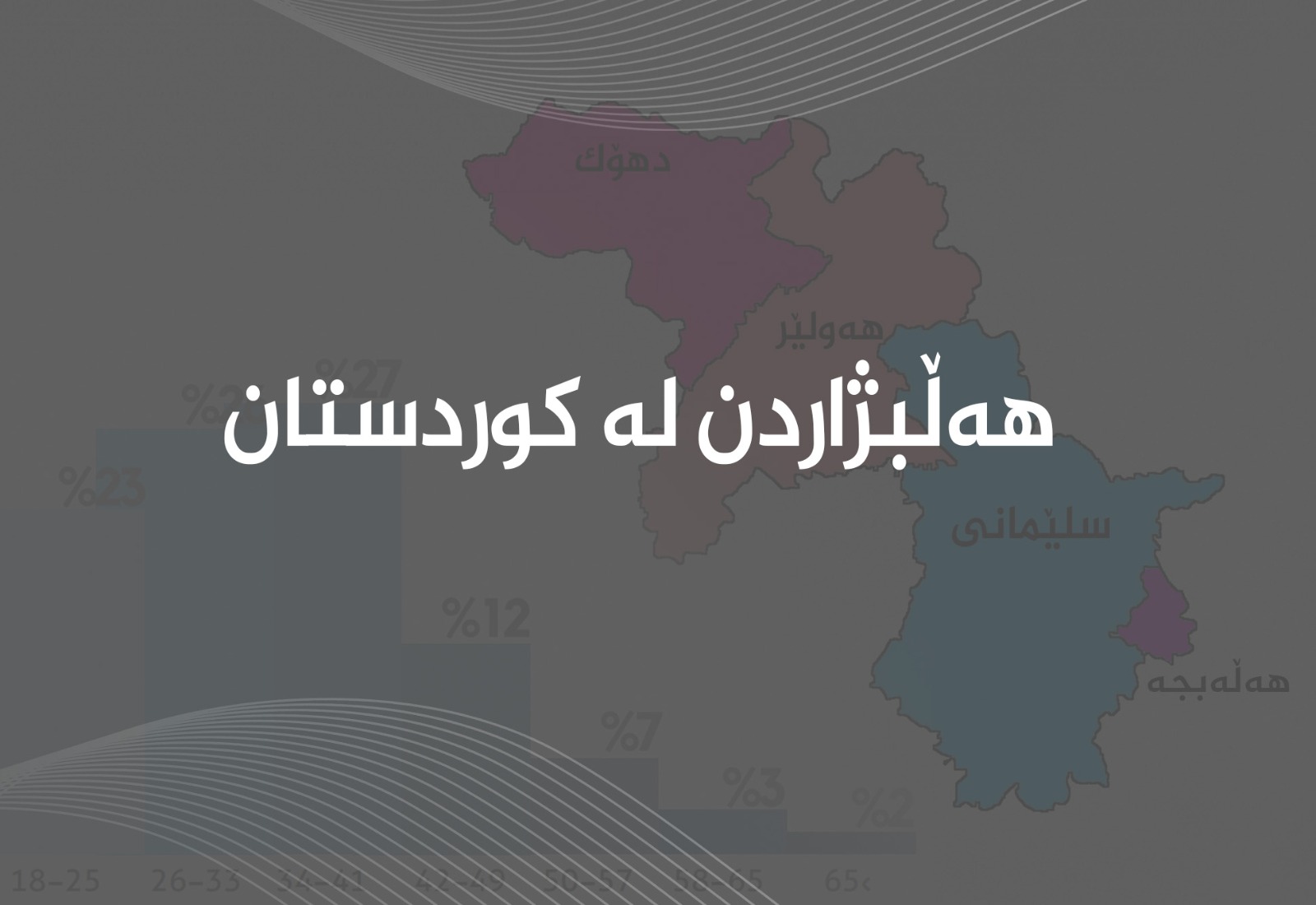
(1).jpg)
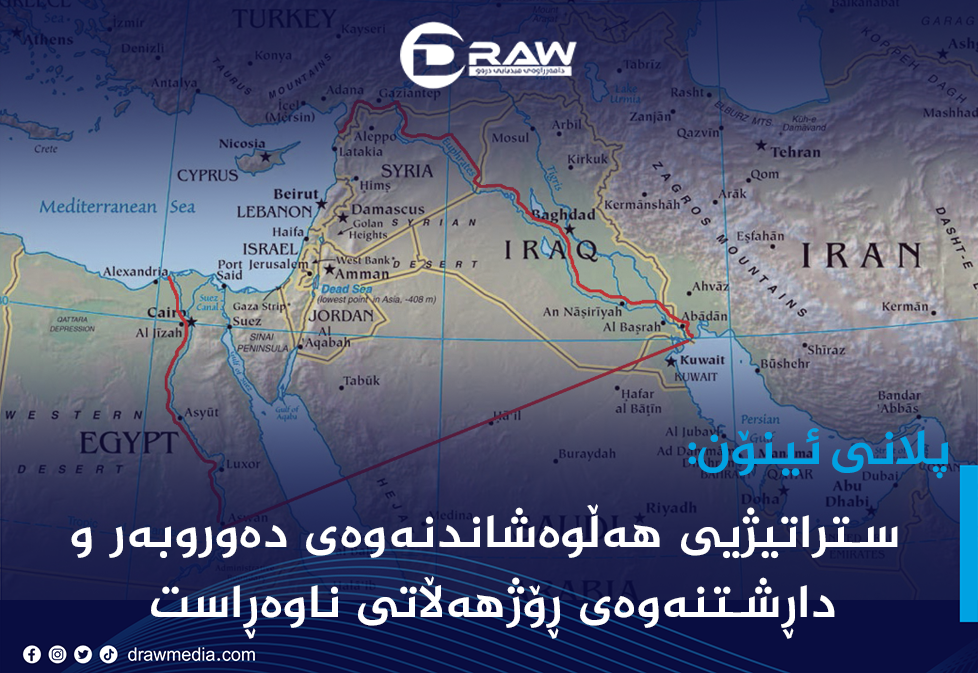
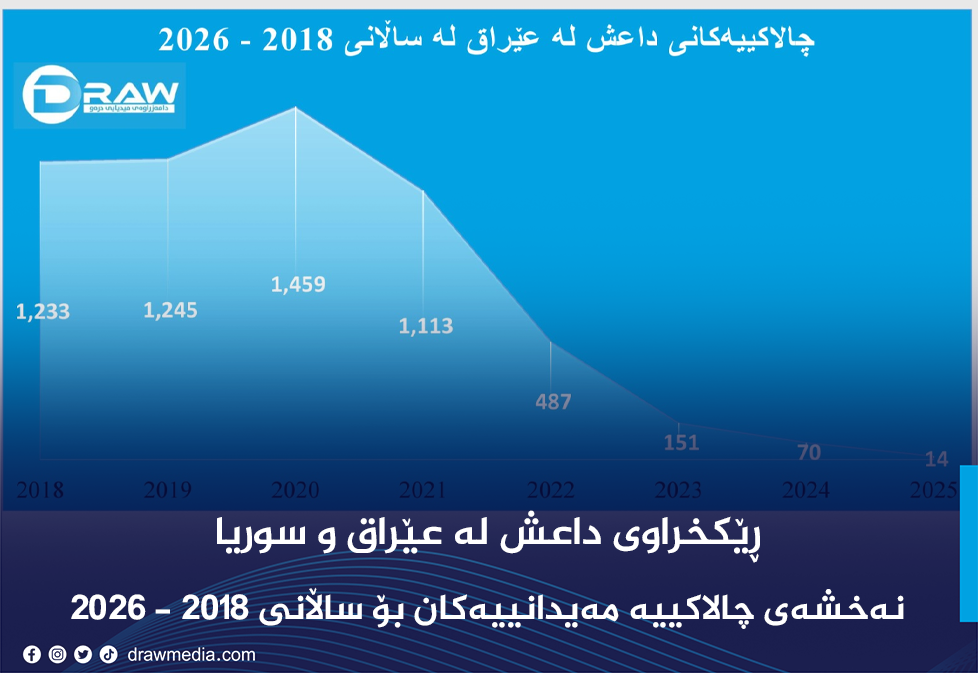
.png)
